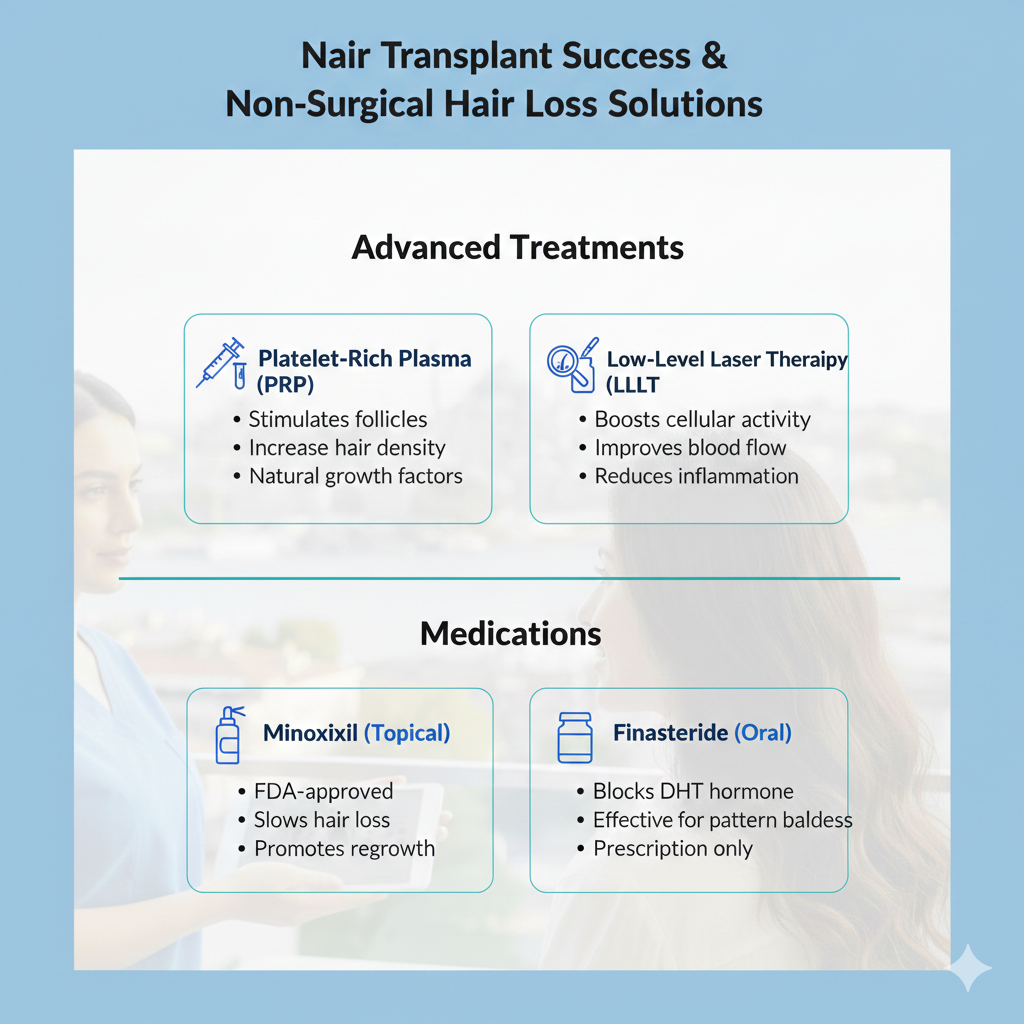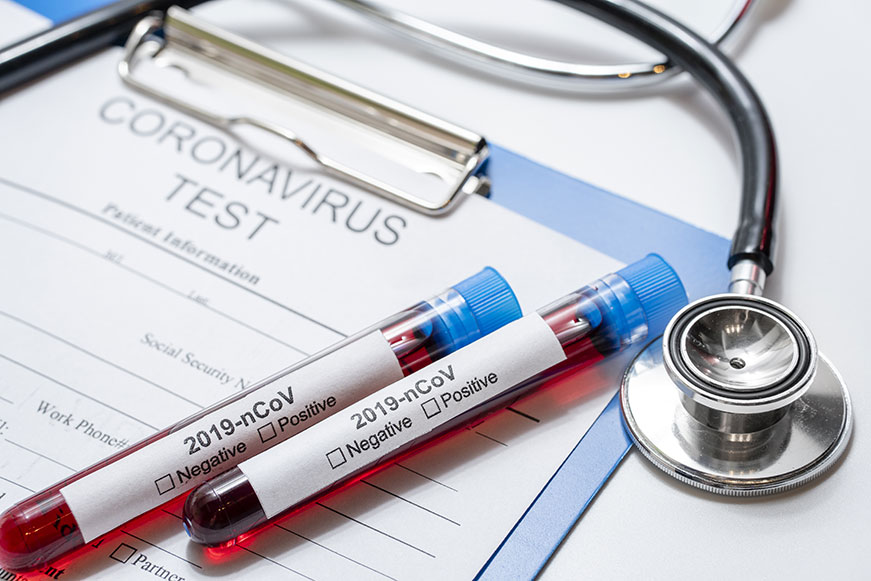¿Soy más propenso al coronavirus si tengo alopecia?
Un estudio sobre el coronavirus y la alopecia parece haber encontrado una relación entre la alopecia androgenética -la forma más común de calvicie entre los hombres- y los pacientes hospitalizados por COVID-19, lo que a su vez podría establecer una vinculación entre los mecanismos hormonales y genéticos que hacen a un hombre calvo y su vulnerabilidad a la enfermedad.
Para ello un grupo de científicos ha estudiado no sólo qué es el coronavirus o cómo se contagia el coronavirus, sino qué población puede estar en mayor riesgo frente al virus SARS-COV2 y arrojar luz sobre posibles nuevas terapias para combatirlo y reducir su mortalidad. Veamos a continuación más detalles sobre este interesante hallazgo.
¿Por qué el estudio vincula calvicie y COVID-19?
En el estudio han participado expertos españoles como el doctor Sergio Vaño-Galván, director de la Unidad de Tricología del Hospital Universitario Ramón y Cajal, la dermatóloga y especialista en regeneración capilar Alba Gómez, o el dermatólogo de la Escuela de Medicina Warren Alpert de la Universidad de Brown (EE.UU.) Carlos Wambier, además de otros especialistas en medicina capilar de Italia, India y Brasil.
Los expertos han estudiado la hipótesis de si los hombres con alopecia androgenética son más vulnerables al coronavirus; hay que tener en cuenta que la alopecia androgenética se desencadena por factores genéticos vinculados a los andrógenos, que son hormonas sexuales -entre las que se incluye la testosterona– presentes en ambos sexos pero en mucha mayor proporción en los hombres.
Para ello, los científicos realizaron un estudio observacional sobre la proporción de personas con alopecia androgenética entre los pacientes hospitalizados por COVID-19 en dos hospitales de España entre el 23 de marzo y el 6 de abril de 2020; la conclusión fue que existía una elevada tasa de hombres con alopecia ingresados por coronavirus. Es decir, que el mismo receptor androgénico en las células, podría abrir la puerta a formas más severas de coronavirus.
La finasterida, posible solución contra el virus
Los investigadores buscan ahora recopilar más datos en el sistema sanitario para confirmar su teoría, analizando a aquellos pacientes con COVID-19 que han estado recibiendo tratamiento con fármacos antiandrógenos como la finasterida -usada para combatir la caída del pelo- y comparar su tasa de hospitalización por coronavirus con pacientes de la misma edad que no estén tomando estos medicamentos.
Precisamente una de las esperanzas que arroja el estudio es un posible tratamiento para el coronavirus basado en fármacos como la finasterida para aliviar los síntomas más graves, si bien aún hay que estudiar sus posibles efectos secundarios en pacientes con COVID-19. No obstante, las posibilidades que abre este estudio para el tratamiento del coronavirus son esperanzadoras.
“Las mujeres podrían usar el medicamento llamado espironolactona, que inhibe el receptor androgénico. Los hombres podrían usar finasterida o dutasterida, que (…) bloquea la producción de (hormona) DHT, un andrógeno muy potente”, señala el profesor Wambier. En los pacientes con COVID-19 más graves, sería necesario usar antiandrógenos más fuertes vigilando los posibles efectos secundarios.
¿Cuáles son los grupos vulnerables al coronavirus?
La doctora Gómez, otra de las participantes en el estudio, explica que aunque aparentemente son dos patologías totalmente diferentes, esta investigación parece confirmar que hay un vínculo entre la alopecia androgenética y la enfermedad del coronavirus, que se sabe que afecta principalmente a hombres mayores de 60 años o con otras patologías previas.
Esto podría colocar a los hombres con calvicie dentro de los grupos vulnerables, y ayudar en el futuro a mejorar la detección de pacientes de mayor riesgo a partir de la alopecia, cuyo diagnóstico es visual y sencillo, antes de que presenten síntomas del coronavirus, lo que podría salvar muchas vidas al determinar rápidamente si será necesaria o no su hospitalización.
Las conclusiones que arroja este estudio sobre la relación entre coronavirus y alopecia son realmente interesantes, y en Clinicana seguiremos muy de cerca cualquier novedad. Recuerde que en nuestra clínica de Estambul disponemos de los mejores tratamientos capilares, y seguimos ofreciendo la posibilidad de una video consulta gratis. Lea las opiniones sobre el injerto capilar en Turquía, y descubra por qué somos un referente en tratamientos seguros y exitosos.

Para muchos hombres, una barba densa y completa es más que una simple elección de estilo; es un símbolo de masculinidad, madurez y confianza en uno mismo. Sin embargo, no todos están genéticamente dotados de un vello facial espeso. Con frecuencia vemos pacientes que luchan con zonas despobladas, asimetría o la incapacidad de dejarse crecer […]

Felicitaciones por haber completado su trasplante capilar. Aunque la parte quirúrgica ha terminado, el éxito de su restauración depende ahora en gran medida de la fase de recuperación. En nuestra experiencia clínica, las dos primeras semanas posteriores a la cirugía son tan críticas como el procedimiento mismo. Comprender qué evitar después de un trasplante capilar […]

En nuestra práctica diaria en el hospital, nos encontramos con dos tipos de pacientes. El primer grupo está listo para la transformación y busca la solución permanente de un trasplante capilar. El segundo grupo, y quizás el más numeroso, hace una pregunta crítica: “Doctor, ¿la cirugía es mi única opción?” Afortunadamente, la respuesta es no. […]






